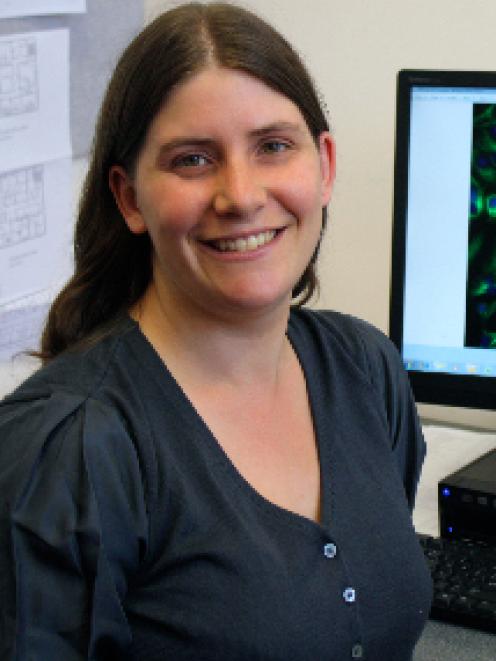
Cancer cells do not develop into a tumour on their own. They recruit cells from all around the body, and change the behaviour of nearby ones. The new cells provide blood vessels to supply the growing tumour with oxygen and nutrients, and help the cancer cells avoid being killed by the immune system.
In later stages of cancer development, they are also responsible for allowing the cancer cells to move into the bloodstream and away to other sites in the body, in the process of metastasis.
Most chemotherapies concentrate on cancer cells themselves, taking advantage of the fact that they grow faster than other cells in the body. We are interested in creating new therapies that focus specifically on the surrounding support cells. This approach is expected to be more successful, since there are more of these cells and they are generally closer to the blood supply and are therefore targeted first by therapy.
The research supported through the Dean's Bequest will concentrate on bone marrow-derived stem cells. A large proportion of the tumour is made up of these cells, although it is not known how they are attracted from the bone marrow to the site of the developing tumour. We will explore which molecules are important in this process and also look at how these cells contribute to the cancer cells' later movement around the body in metastasis.
Therapeutic strategies resulting from this work will contribute to the treatment of many types of solid tumour, including breast, ovarian, colon and prostate tumours. Removing the supporting structure for a tumour will stop these cancers progressing and may also stop them developing in the first place.
